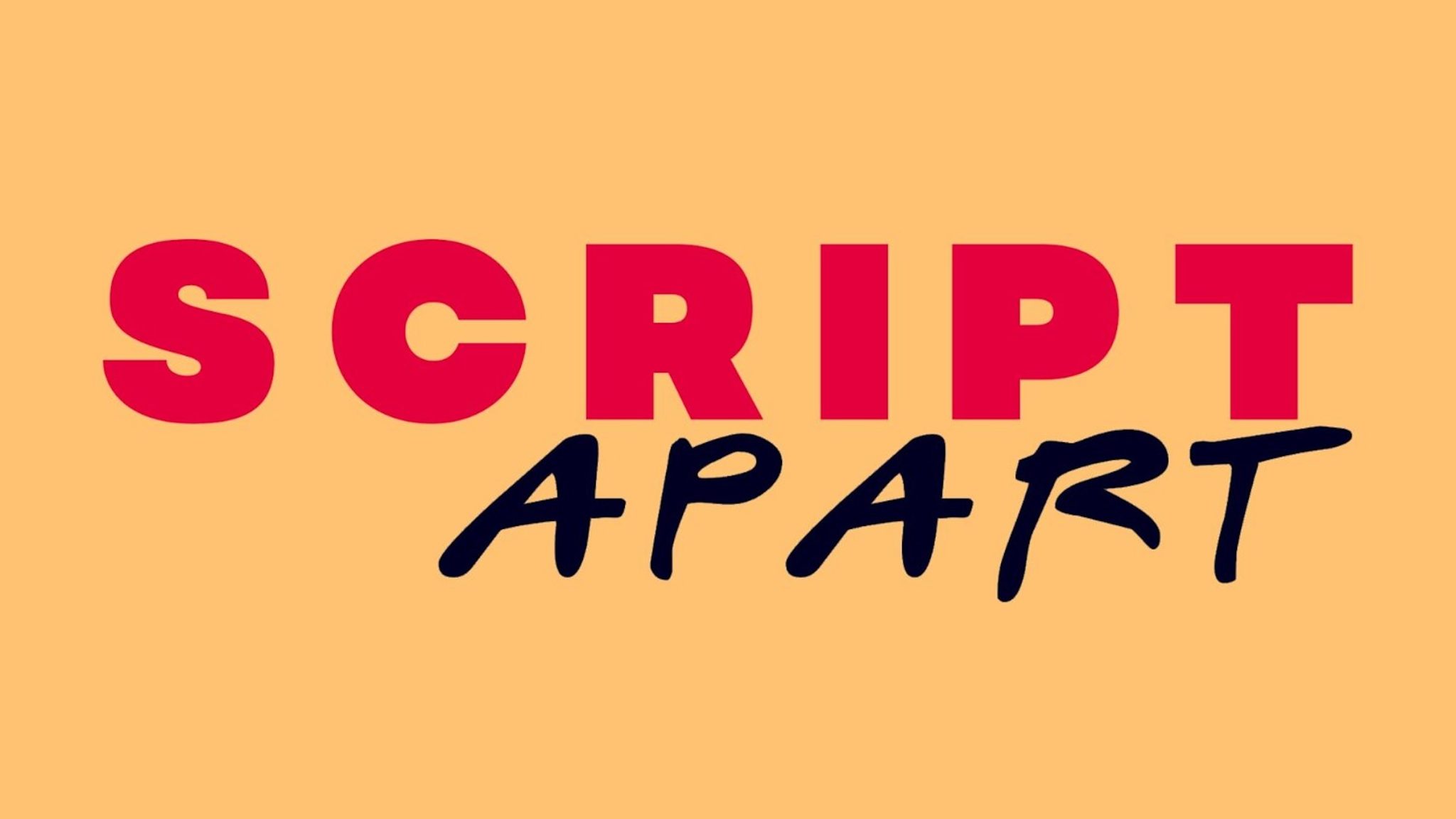Interview with ScreenCraft Semifinalist Erica Tachoir

Erica Tachoir is a writer, director, and actor based in Brooklyn. A graduate of the film program at New York University’s Tisch School of the Arts, Erica also studied film at FAMU in Prague, acting at Atlantic Theater Company, and improv comedy at the Upright Citizens Brigade. Her screenplay Scattering Jake was an Academy Nicholl Quarterfinalist, a Final Draft Big Break and PAGE Award Finalist, a WeScreenplay winner and placed as a semifinalist in several ScreenCraft competitions.
1. You recently signed with a literary manager at MXN - congratulations! How did this come about and what's it like to work with your manager?
Thanks so much! I’m really excited! I was a semifinalist in the ScreenCraft Fellowship. When my script didn’t advance to the finals, I got an email from Tom at ScreenCraft saying that despite not advancing, my script was one of the top ones they read. They still wanted to work with me and distribute my writing to their network of agents and managers. I thought that was incredibly generous and sent over my material. If I’m being honest, I didn’t really expect to ever hear from Tom again. (Not because I didn’t believe him. I’ve just learned to keep my expectations low to minimize disappointment. There are a lot of rejections in this business!)
At this point, I had my two producers attached, and other people were sending the script out to reps as well. So, things were happening, but I was prepared to move forward with or without a manager. Then, out of the blue, three months later, Tom showed up in my inbox again saying that MXN Entertainment loved the script and wanted to meet.
I can’t speak in great detail about the experience of working with my manager yet because it’s so new. But so far, it feels like a really perfect fit and everything I could have hoped for. As a New Yorker and NYU/Tisch alum, I’ve always had more of an indie spirit to my work, and I want to be creating my own projects as a writer/director. MXN totally gets that. I love how boutique and hands-on they are. And when I look at their client list, it seems so clear that it’s where I belong. I’m actually on a plane right now to LA for a week of meetings they’ve lined up, and I’m really excited to see where this relationship goes!

2. You've submitted to a handful of writing competitions and labs and you have had some recent success - what are some of the programs that have helped you the most?
Obviously, ScreenCraft was a huge champion of my work. I also won second place in WeScreenplay’s feature contest. One of the judges, Melissa Azizi, loved my script and is now attached to it as a producer. It’s been really wonderful working with her, and I’m grateful to WeScreenplay for introducing us. I’m also flying out to Austin this weekend as the winner of the Table Read My Screenplay Austin competition, sponsored by ISA. While I can’t speak to that experience yet, I LOVE table reads, and so I already love the entire premise of that competition (and the fact that I get to go to the Austin Film Festival!).
3. How did you get into screenwriting?
I was an only child, and I spent a lot of my time finding creative ways to entertain myself. I wrote short stories and attempts at novels that were clearly just me doing my best Jane Austen impression. (I went through a real Austen phase in middle school.) Somehow, I came across a demo of Final Draft at some point in my youth. I started reading screenplays I found online. And I started trying to write my own. They were all very weird and derivative. But I guess we all have to go through our weird and derivative stage? I ended up attending film school at NYU, and the rest is history.
4. What's your creative process when you write a screenplay? For example, do you initially outline? Do you seek script notes from professional readers as you approach the rewrite process?
Yes to outlining. Always. Absolutely. It’s a stage that I want to skip every time. Because it’s terrible. Trying to answer all the hard questions and brainstorm plot and character motivation is the worst. It’s agonizing and involves a lot of time staring into space, dealing with uncertainty and option anxiety. But it’s the most important thing. Truly. Once you’ve done that work, the actual writing part is easy. And editing what’s already been written, although disheartening at times (like when you realize you need to make really drastic changes), is easier still. But breaking story and getting the pieces to work is where the magic happens.
I have a writing group in New York that meets weekly to share our work and get feedback. I adore the group and really cherish those sessions. I also have a producing partner I’ve worked with for years, Tessa Treanor, who is usually the first person to read my earliest drafts. I frequently set up accountability goals with her where I send her whatever work I do every week on Friday, no matter what. I recommend finding people you trust who understand your process for early reads. Once a script is further along, I do think professional readers and competition feedback can be helpful, just to get fresh, impartial eyes on it.
As with any notes, you have to find the core of what they’re getting at and take them with a grain of salt. I was a Nicholl quarterfinalist with the first draft of Scattering Jake, and when I got my reader comments, there were notes that were completely contradictory from reader to reader—one person thought the dialogue was naturalistic and compelling, another thought it was forced and inauthentic. It’s just further proof that this work is all subjective.
5. What was your inspiration for writing Scattering Jake?
It was a process. Out of film school, I was meandering a little with my writing. I guess I wasn’t quite sure what I had to say at that point. I jumped between several projects. I was dabbling with a script about a relationship between a woman and her husband’s pregnant mistress, but I didn’t know how to crack it. At one point, I saw a subway ad about organ donation, and I started thinking about the connection between organ donors and recipients. I thought maybe I’d write a short exploring that relationship to break up my struggles with features and produce something new.
I wrote it, and it was super depressing. I mean, really bleak. And that just wasn’t the tone I was looking for. So, I put it away. Somehow, gradually, the different things I was working on started to merge together, and I ended up with Scattering Jake—a film about the unexpected relationships between a widow, her husband’s mistress (aka her best friend), and the stranger who has his transplanted heart. (When in doubt, just combine stuff!)
6. What advice do you have for other up-and-coming screenwriters who are looking to land a manager and get interest from the industry in their screenplays?
Be your own hero. My comedy writing partner and I talk about this a lot. We used to angst about how much we wished we had a mentor, some magical person who would ride in on a white horse to tell us what to do and open doors for us. But that’s just not what happens. At least not for most of us. Waiting for someone else to give you permission is unproductive. Go for it yourself. Decide to make things. Give yourself deadlines. Be your own boss.
Most importantly, commit to process over outcome. Focus on your work. Love it. Find joy in it even if nothing will ever come from that work. If you fixate on outcomes, on what other people think, and on whether or not you’ll “make it,” you’re wasting time and energy that could go toward doing the thing itself. Trust that if you are creating good work and sharing it organically, it will eventually get noticed. I’m not saying don’t try to advance your career. I’m saying to focus your attention on what’s in your control and find a way to feel like a complete person without external validation. (Then, when you do get that validation, it’s icing on an already delicious cake!)
For all the latest ScreenCraft news and updates, follow us on Twitter, Facebook, and Instagram.
Tags
Get Our Screenwriting Newsletter!
Get weekly writing inspiration delivered to your inbox - including industry news, popular articles, and more!



























